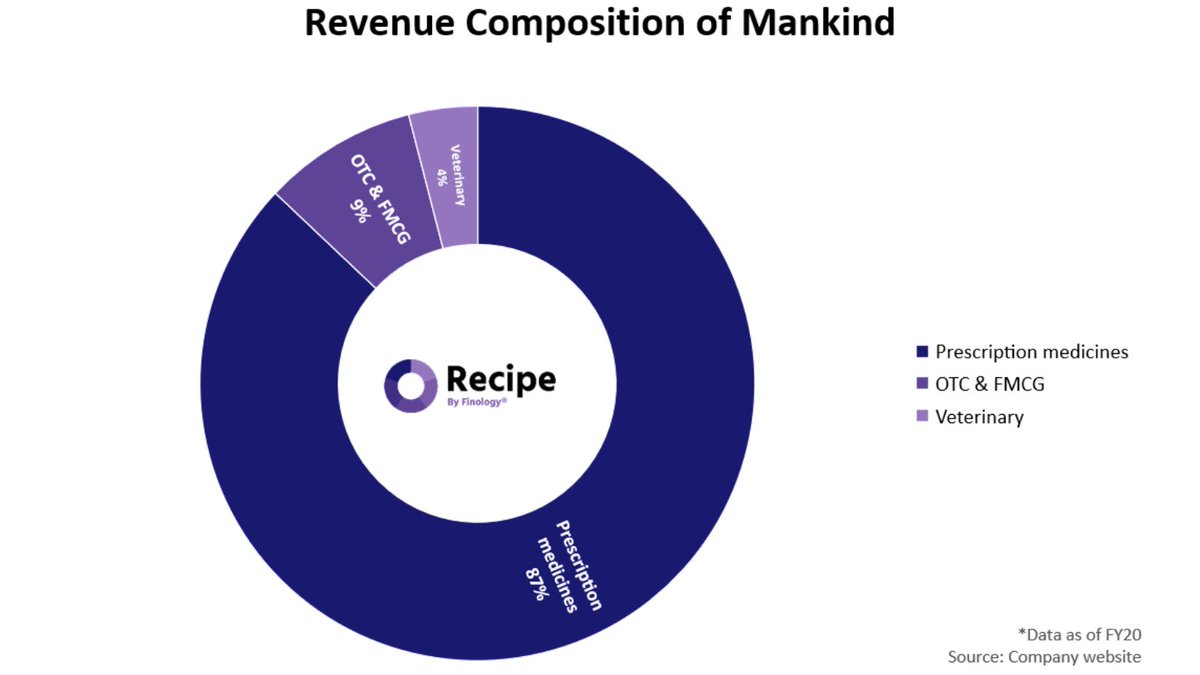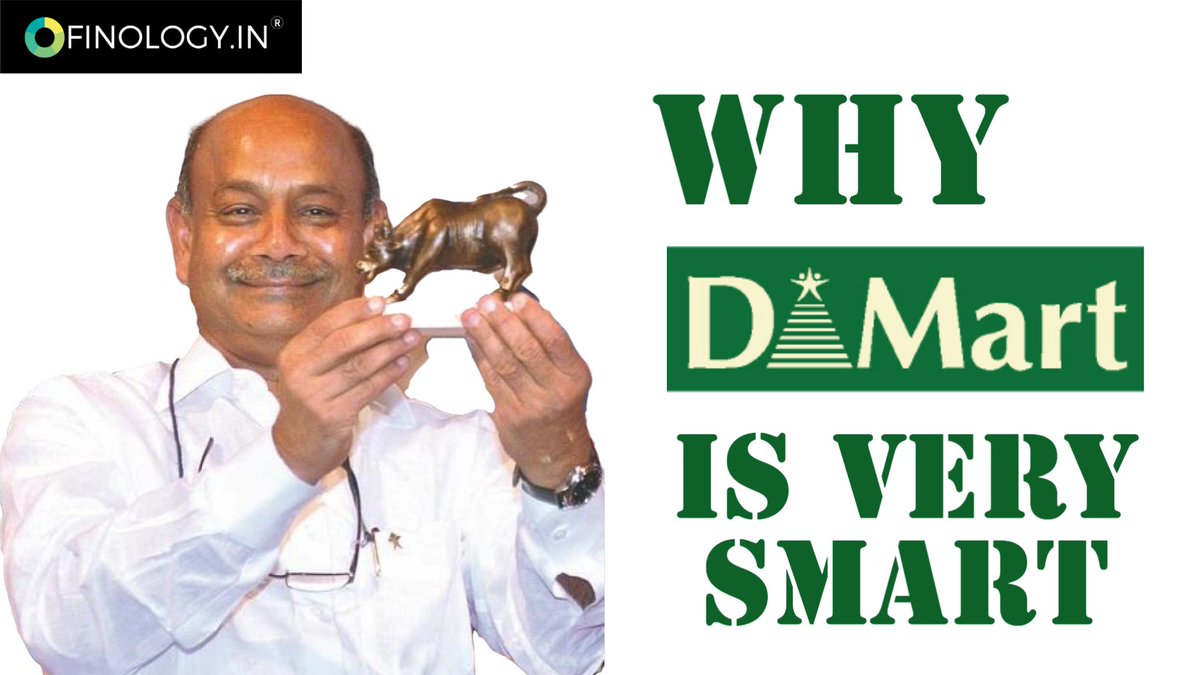
Competing in an industry crowded with leading global brands is tough!
But how did #Mankind carve out a market-leading position in d Pharma #OTCMarkets ? 💊
- here's an interesting thread👇 (1/8 ) 🧵
#mankindpharma #Pharmaceutical #OTC #investing #StockMarket #StockMarketindia
But how did #Mankind carve out a market-leading position in d Pharma #OTCMarkets ? 💊
- here's an interesting thread👇 (1/8 ) 🧵
#mankindpharma #Pharmaceutical #OTC #investing #StockMarket #StockMarketindia

One of the fastest-growing pharma companies in India, #Mankind was actually born due to the rift in the family.
After splitting with one of his brothers, Ramesh Juneja started Mankind with a mere capital of Rs 50 lakh and generated 600% #ROI in the very first year! 💹
(2/8)
After splitting with one of his brothers, Ramesh Juneja started Mankind with a mere capital of Rs 50 lakh and generated 600% #ROI in the very first year! 💹
(2/8)
Being a relatively late entrant, #Mankind adopted an unconventional strategy to gain success in the business -
While most of the players targeted tier 1 cities and export opportunities, Ramesh decided to tap rural areas with affordable #medicine 💊
(3/8)
While most of the players targeted tier 1 cities and export opportunities, Ramesh decided to tap rural areas with affordable #medicine 💊
(3/8)
In the early years, #Mankind bought generic drugs from contract manufacturers and sold them under its brand name at a significant discount.
Later, it started producing its own drugs and stepped into the #OTCMarkets with brands like Manforce, Unwanted 72 and Prega News.
(4/8)
Later, it started producing its own drugs and stepped into the #OTCMarkets with brands like Manforce, Unwanted 72 and Prega News.
(4/8)
The low-cost offering gave #Mankind a reputation among #doctors as that helps poor patients.
But, there were some fundamental challenges. With many substitutes for a single drug and strong unions of retailers and distributors, scaling new brands was tough! 🧐
(5/8)
But, there were some fundamental challenges. With many substitutes for a single drug and strong unions of retailers and distributors, scaling new brands was tough! 🧐
(5/8)
But #Mankind adopted the Golden Rule of #marketing :
- He offered fat margins to the retailers & lucrative incentives to sales team
- Bold names & ad campaigns featuring sports stars, celebrities
- Selling their products in unconventional places like paan shops & nukkads
(6/8)
- He offered fat margins to the retailers & lucrative incentives to sales team
- Bold names & ad campaigns featuring sports stars, celebrities
- Selling their products in unconventional places like paan shops & nukkads
(6/8)
Even today, the company spends a sizable amount on ad campaigns.
Though this strategy has created a few leading OTC brands for #Mankind , as it is a niche product segment, the #OTC division constitutes only 10% of its sales.
(7/8)
Though this strategy has created a few leading OTC brands for #Mankind , as it is a niche product segment, the #OTC division constitutes only 10% of its sales.
(7/8)

In last few years, it has outpaced the industry growth & fetched a place in India’s top 10 Pharma companies with an annual turnover of Rs 5676 Cr in FY20.
(8/8)
Do you think with its strong OTC brands, Mankind can get premium valuation like GSK & Abbott? 🤔
(comment your views)
(8/8)
Do you think with its strong OTC brands, Mankind can get premium valuation like GSK & Abbott? 🤔
(comment your views)
• • •
Missing some Tweet in this thread? You can try to
force a refresh








